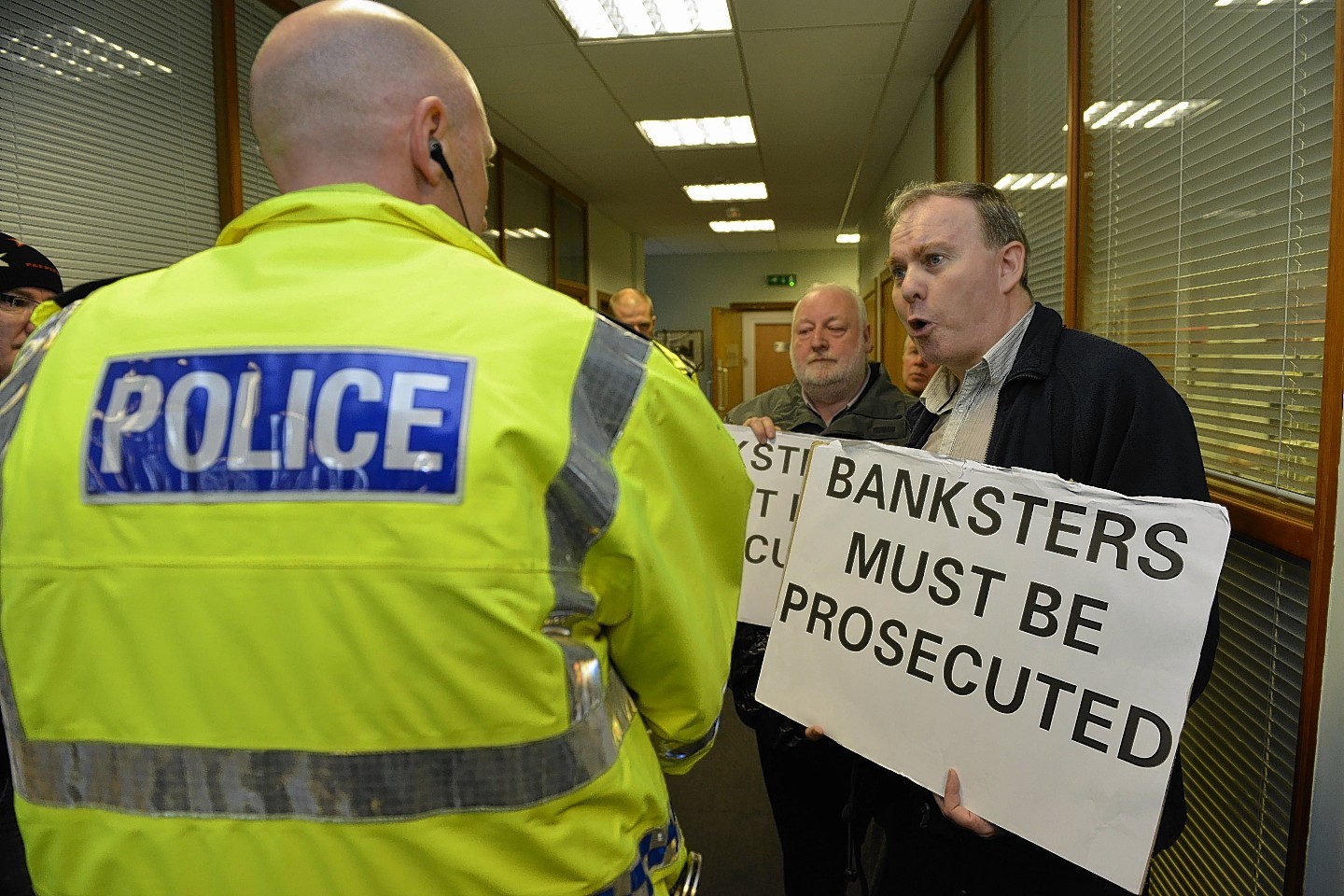Top bankers could be jailed or at least stripped of their bonuses for up to 10 years for behaving recklessly under proposed new rules for the financial service sector.
The changes are part of plans to introduce a tough new regime for lenders in the wake of the financial crisis.
In June, the Westminster-appointed Parliamentary Commission for Banking Standards set out its recommendations for legislative and other action – such as jail sentences – to improve professional standards and culture in the banking industry.
The Bank of England’s Prudential Regulation Authority (PRA) yesterday set out its proposals for holding people to account.
It also published final rules on “clawback” – from January 2015, bonuses can be clawed back up to seven years after they are handed out.
These rules will not apply retrospectively, partly for fear this could result in legal action.
But as part of a further consultation, authorities said they were looking at extending clawback beyond seven years for senior executives.
It follows the financial crisis and a series of scandals in recent years, such as the mis-selling of payment protection insurance, which has already cost the banking industry more than £20billion in compensation costs.
Meanwhile, the Serious Fraud Office (SFO) is reportedly examining material that could trigger a criminal investigation into former and current staff at Lloyds Banking Group (LBG).
Sources said the SFO was looking at information handed to it by the Financial Conduct Authority some months ago and linked to an inquiry into alleged manipulation of benchmark rates, including one used to set the fees on a taxpayer-backed funding scheme for banks.
LBG declined to comment, saying only that it assists all authorities with investigations.
On Monday, the group was fined £218million by UK and US regulators for its part in a global interest rate-rigging scandal.
Bank of England Governor Mark Carney has already told LBG chairman Norman Blackwell that the manipulation could prompt criminal action against those involved.
“Such manipulation is highly reprehensible, clearly unlawful and may amount to criminal conduct on the part of the individuals involved,” Mr Carney said in a letter to the group on July 15.
